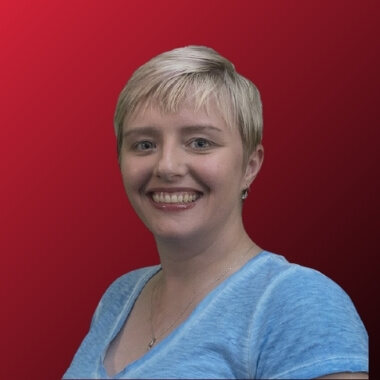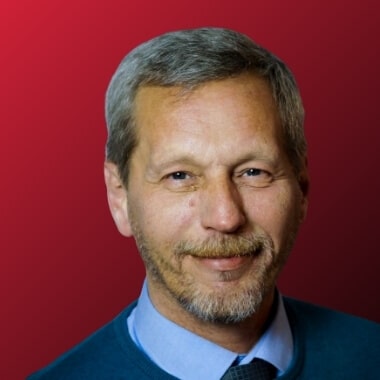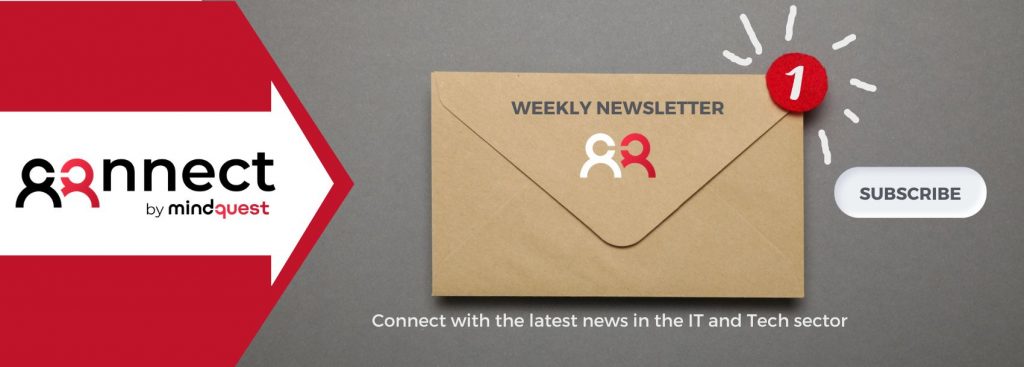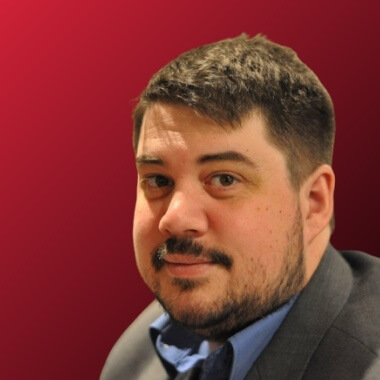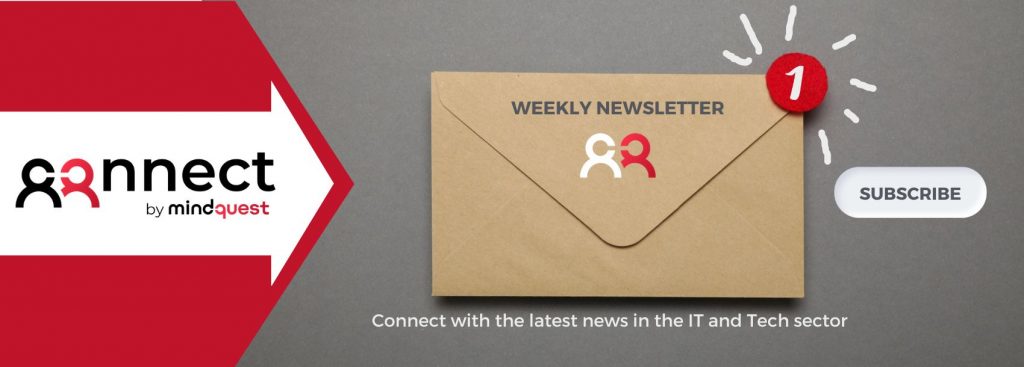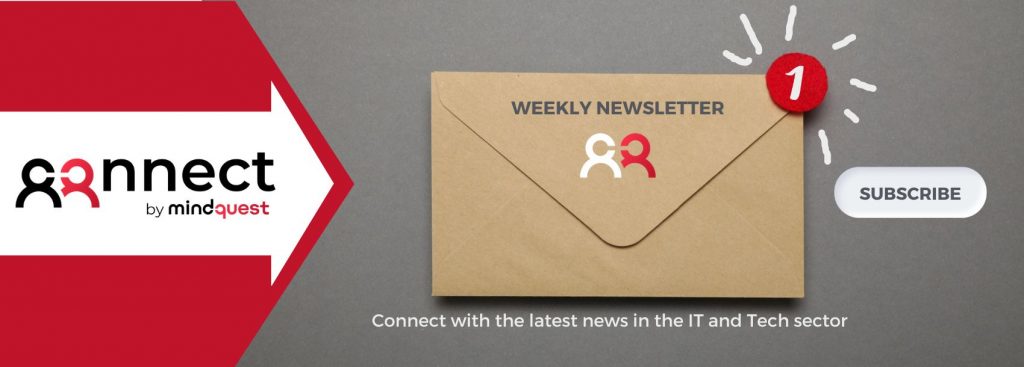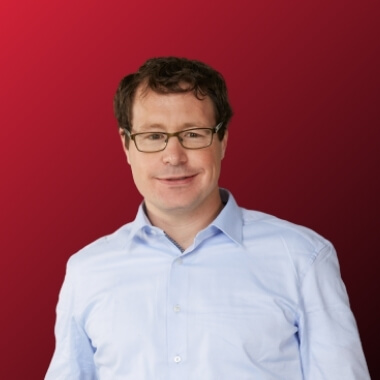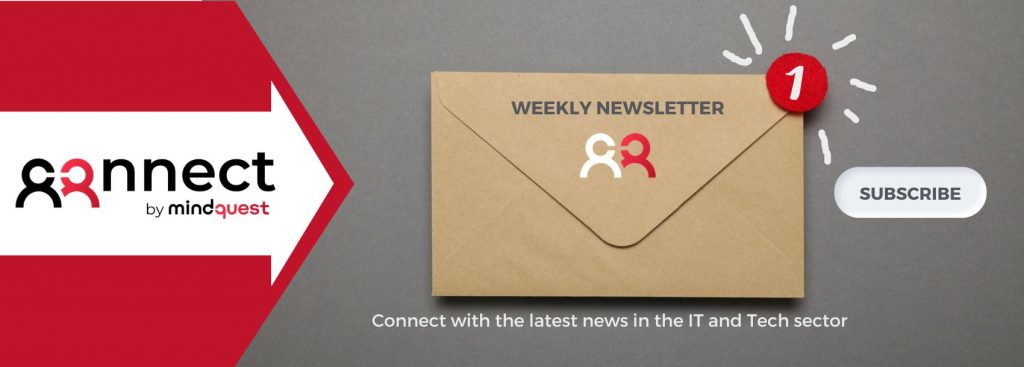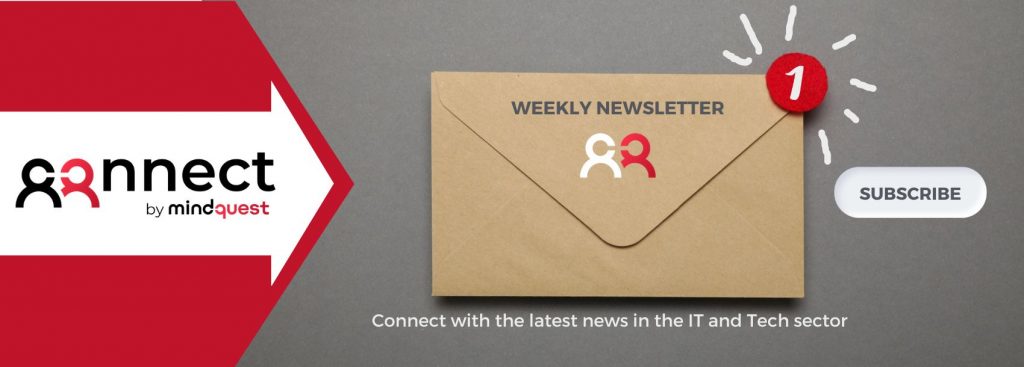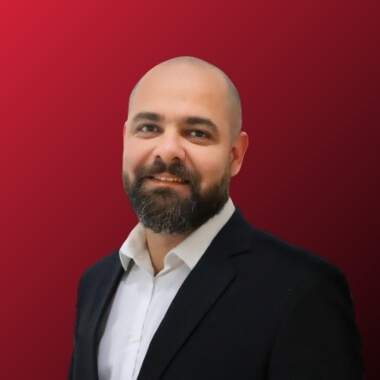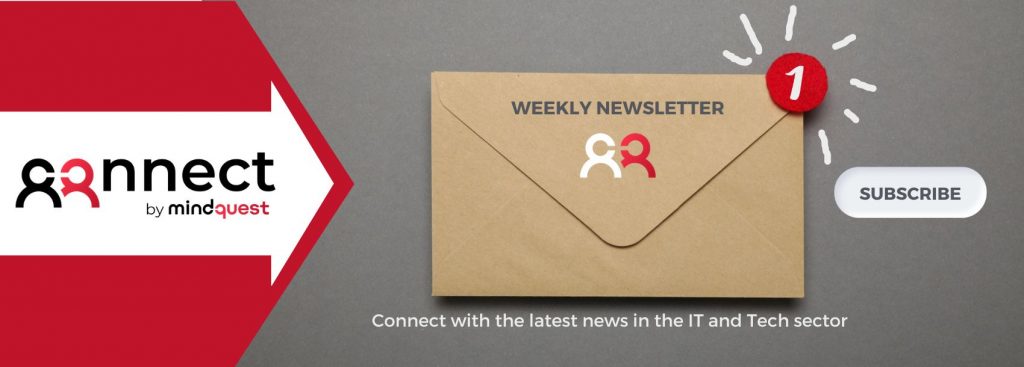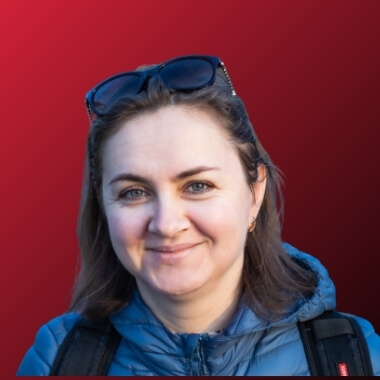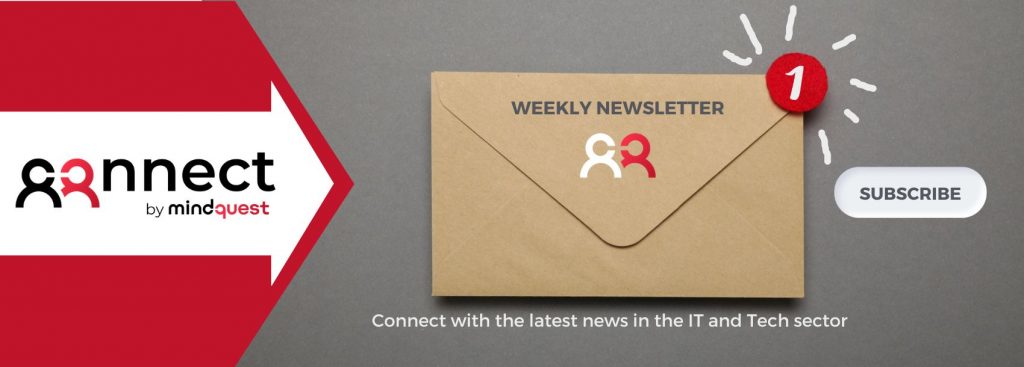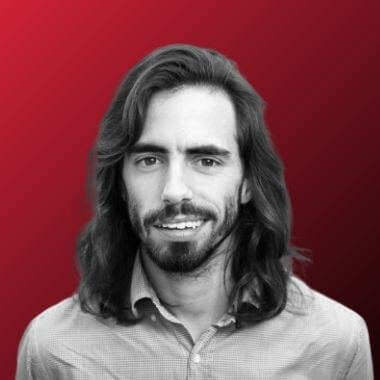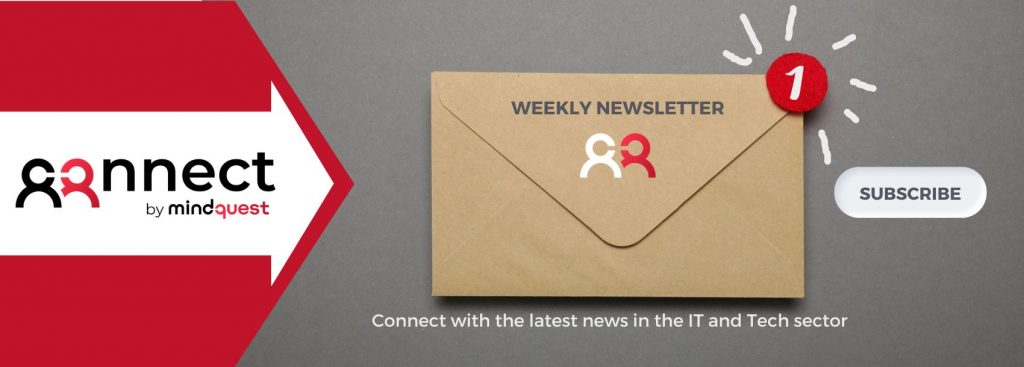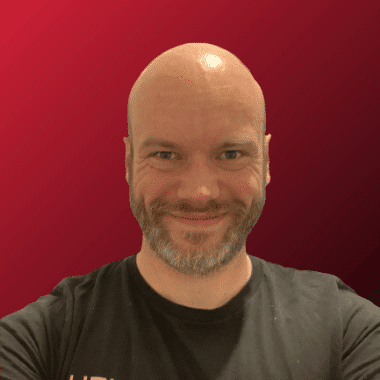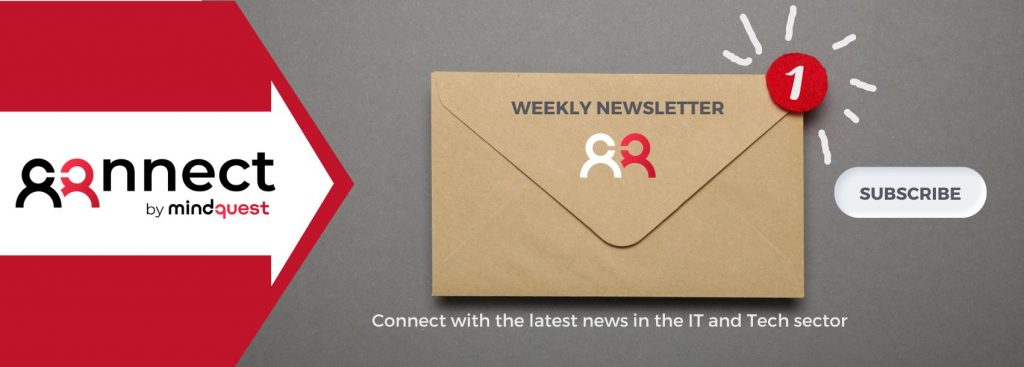Sarah Lean, aka Techielass, is a Scotland-based IT infrastructure, ops, and sys admin expert and Azure community evangelist. The founder of the Glasgow Azure User Group, Sarah works as a Senior Cloud Advocate at Microsoft and blogs, tweets and has her own YouTube channel. She discusses, cloud careers, how you can get into community relations. What makes a successful data centre migration, and how Data Centre Migration is about technology and people.
Interested in cloud careers? You might also enjoy our interview about how to become an Azure MVP.
How did you get started in tech?
I started off in a Sys Admin role, so I was a helpdesk engineer doing morning password resets for everybody, fishing out bits of broken paper from their printers, and stuff like that. I worked my career through those various different roles. In the UK, we call helpdesk roles first-level roles and then second-level is the support engineers that go out to people’s desks. Third-level is when you get to design systems for customers.
So, I basically went through those support levels within my career and just built up lots of experience both internally and externally. I was in companies where they just had a small IT department and they didn’t understand what IT departments did and how crucial they were. And then I also worked for managed service providers, dedicating myself to various different customers, etc.
How did you eventually become a Microsoft cloud advocate and a prominent figure in the Azure community?
I kind of fell into the community role because I wanted to learn Azure and there were no user groups in Scotland. I think the closest user group to me at the time was in London. Which is obviously not something you want to do it you finish working on Wednesday night; go down to London to user group and then come back up to your work the next day. It’s obviously not logistically feasible, so I basically started the Glasgow Azure user group to fulfil my need. Basically, to learn Azure and find out where everybody else was fitting this into the on-prem and cloud worlds.
And yeah, I kind of fell into running the user group and then started speaking at events. People were like “you need to speak at events and share your story and journey”. Which I didn’t want to do. But then I fell into it and; before I knew it; I was getting headhunted to become a cloud advocate at Microsoft.
It definitely hasn’t been a planned evolution in my career, if I’m going to be brutally honest about it. But one that I’m really enjoying and has given me some excellent experiences of travelling to different parts of the world and doing some amazing stuff and meeting some amazing people in the community as well.
What does the cloud advocate position entail?
My role can be quite varied. A summary of my job is to help others find out how to use Microsoft Technologies. Whether that be by telling the story in a simplified manner, maybe in a blog post or a video that kind of connects the dots between. For example, what your on-prem system looks like and what your cloud system would look like.
I’m sure we’ve all read some official documentation on various different products. Not just Microsoft products, and not understood what they were talking about. Being able to digest that into a way that makes sense for everybody. Whether that be someone who’s a project manager or someone who has 100 years of experience in IT, and being able to get that story across to them is something that I do. So, my day can be quite varied.
It can be creating videos, creating blogs, doing podcasts… Or it can be just playing with technology, or creating new Microsoft Learn content as well. There are lots of different facets, and there are lots of different things I can do throughout the day. So it can be quite fun. And obviously, Covid has stopped me from travelling, so that would have been a big part of my job had we not had a pandemic. But we’re making it work.
Besides being a cloud advocate for Microsoft, you also have a personal blog and do a weekly update on YouTube as Techielass. How do the two intertwine? Do you usually post work-related stuff, separate both worlds, or a mix of both?
I think it’s a bit of both to be honest. Because a lot of people know me as Techielass and from before I was a cloud advocate, through my blog. Some things like my weekly update on YouTube was something that I actually started in anticipation for this job. Because I knew I would have to be on camera or I knew I’d have to do some presentations for this job.
I started that weekly update nearly two years ago now, to basically get more familiar with looking at the camera and being able to connect to it and doing all the things that go around video production and so that that’s kind of interlinked. Although it’s become a kind of side project because I just enjoy doing that kind of medium as well.
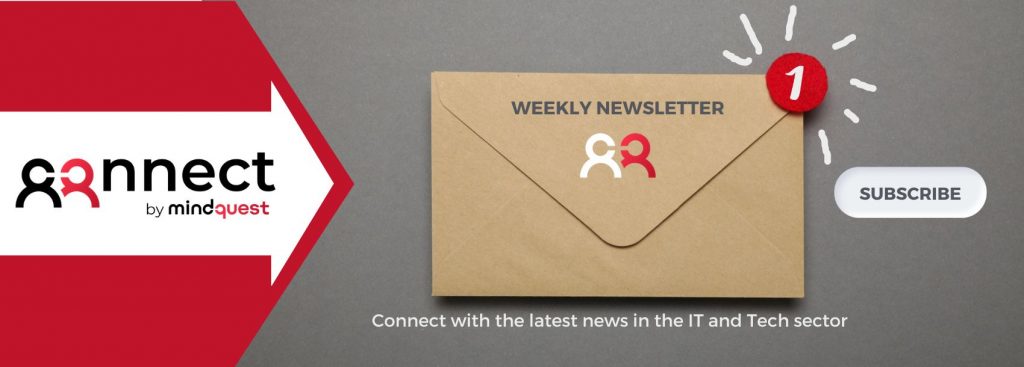
My blog is sometimes intertwined with my job. You’ll find me, you know, blogging about random things that I find. I’ve been supporting my husband and working from home lately. So there’s some random support ticket type questions he’s asked me that I’ve blogged about, because I know he’s going to ask me in about 6 weeks’ time. And I’m not going to remember how I did it, so yeah, there’s various different things on my blog.
So yeah, my blog kind of intertwines with my job, but it’s not necessarily always about my job.
Is there anything in particular that you like to blog about within the world of Azure?
I think I’ve tried to specialise in data centre migrations. I think we’ve probably all been involved in an on-prem data centre migration. And I’ve tried to take some of that experience and that knowledge and transfer it into how you would actually migrate to the cloud.
So, you’ll find me talking a lot about migrating. I tend to talk more about the processes around that nowadays rather than the technology because I think that’s a part of the journey that a lot of people struggle with. We can understand the technology quite easily, I think. But trying to put that into practice; how you think about things like training your staff; and how you change that culture within your organization; how do start the project for your migration…
So, I talk a lot about data centre migrations and, although I talk a lot about the culture and the process around it. You’ll find me talking about Azure migrate quite a bit and intertwining that into how you actually do your data centre migration. So that’s kind of my specialty, what a lot of people reach out to me and ask about.
What are the biggest mistakes being made in this data centre migration to the cloud, especially now that some companies might be rushing their transition because of the pandemic?
I think lots of people forget to actually assess what they have inside their on-prem data centre right now. They want to get to the actual delivery part. They want to get to put some resources in Azure, and they want to prove the value and say “we’ve completed that project”. And, like you say, some have been rushing because of Covid and the challenges that it’s thrown up.
I always try and say: take a step back, have a look at what’s in your environment. Try and understand not only the technology in your environment, but also what your staff needs are. So, your technology is going to have a bunch of needs when you move it to the cloud. Things are maybe not even going to be able to be moved to the cloud because they’re legacy. Or they’re far too complex, etc.
But what about the the staff within your environment as well? Do people know how to use Azure once you’ve moved into that? I think it that can often be a stumbling block as well. I’ve seen some customers who bring in third-party companies to do the migration. They move all the technology and then that third-party company leaves. The staff don’t have any clue on how to support the things that are now in Azure.
And before you know it, they’ve got into this situation where they think that the cloud is rubbish. Because the staff haven’t been able to support it because they themselves haven’t been supported in learning it. That’s why I always say that a data centre migration is about technology and people, so make sure you’re investing in the staff within your IT department.
Also, make sure you’re looking towards the end users, the people that use these applications that are in your data centre. Do you know how they use them? Is this an opportunity to ditch some of the ones that they hate? Is it that time to look at new solutions?
So, technology and people are the things you should be thinking about in your data centre migration.
Join our community and find your next job in IT
What advice would you give to other IT specialists who might want to get into community relations and advocacy?
If you want to get into the community space, try and do it in your spare time. I know that’s a big ask, because we probably don’t have a lot of spare time, (I definitely don’t have a lot of spare time myself), but it’s definitely a job you have to have a passion for because it’s very different from the technology world, from being a consultant, from being an engineer.
There are so many facets to it. I do things in marketing, I do video editing, I do image creation. I’m a bit of a designer occasionally. I’m also a technical writer. I have to be a presenter.
There’s a ton if things before I even get to the technology. Sme days might I don’t even touch any of the technology because I’m in things like Adobe Creative Cloud, so that’s a big change.
If you’re not ready to give up the toolbox, if you’re not ready to give up playing with the technology. Then it’s not something for you right now, and that’s why I say do it in your spare time, because, if you find that and you enjoy doing these things, if you enjoy doing podcasts, if you enjoy doing videos you enjoy doing the blogging, you’ll naturally find that you’ll progress more and more to that and away from being hands on the tools as such.
I see a lot of people wanting the glamour, but they don’t realise that there’s a lot of time where you’re actually not touching technology. But it is a great job. It has offered me fantastic opportunities , but I think a lot of people need to be aware of the fact that there’s so much to it and it’s not just talking about tech all the time.
And your advice for the larger IT community?
Besides that, just support people who are creating content, whether that be people like myself that do it as a job or whether it be people doing it as a hobby. It definitely means a lot, even if it’s just a small like on a YouTube video or a retweet on Twitter. That means a whole load to us as content creators.
So, definitely support people when they do that, because it can make a massive difference. That 10-minute video could have taken me like 3 days to create so that small little like on a YouTube video means the world to me and it means that I actually spend my time valuably.
Support the content creators out there.
Check out more of our interviews from our podcast episodes.
For more cloud careers and Azure tips, make sure to follow Sarah on Twitter, YouTube, LinkedIn or through the Techielass blog.
